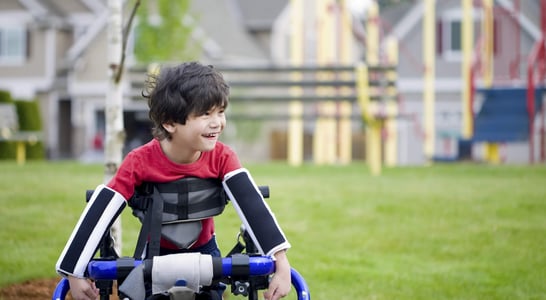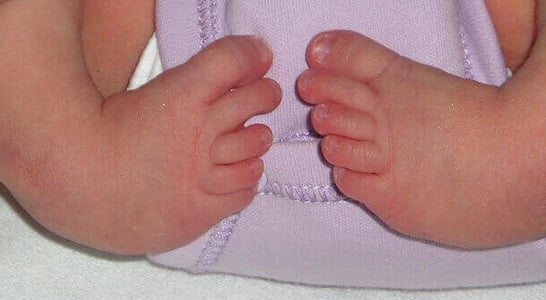
Dyspraxia Awareness Week
Spreading awareness about dyspraxia to foster understanding and support for individuals with coordination and movement challenges.
Dyspraxia can manifest itself in a variety of ways, including difficulty with coordination, concentration, memory, irritability, posture, thought processing, speech & language and more. This condition is often associated with neuro-developmental difficulties in children but it can also be diagnosed later in life. Dyspraxia Awareness Week seeks to improve public knowledge about this condition, understanding its impact and having compassion for those who live with it.
History of Dyspraxia Awareness Week
Established by the Dyspraxia Foundation as early as 2012, Dyspraxia Awareness Week provides opportunities for educators, parents, medical professionals, and individuals who have dyspraxia to learn more and share about it. Affecting up to 6% (or more) of schoolchildren, dyspraxia is becoming more commonly diagnosed in recent years, offering more opportunities for children with challenges to receive the assistance they need.
Dyspraxia Awareness Week provides individuals, educational groups and the general public with special opportunities to shine a spotlight on these unique challenges, learn more about dyspraxia and show support to those who have it.
How to Celebrate Dyspraxia Awareness Week
Get connected and involved with Dyspraxia Awareness Week through some of these plans and activities:
Attend or Organize Training and Workshops
Educators, employers, social workers, medical professionals, youth workers, family members and many others can learn more through workshops and seminars featuring the topic of dyspraxia. Dyspraxia Awareness Week is a great time to schedule educational conferences, either in person or through online webinars, that help increase the knowledge base of a wide range of people in the community.
Learn Important Facts About Dyspraxia
One of the most ideal ways to celebrate and pay respect for Dyspraxia Awareness Week is to get more connected through vital information about this condition. Consider learning more about it and sharing with others to raise awareness in honor of this day:
-
It is believed that between 5% and 10% of the population has dyspraxia, although this is difficult to discern because it often goes undiagnosed
-
Some researchers have shared that dyspraxia is four times more common in males than in females
-
Dyspraxia is a hidden condition that cannot be seen from the outside, but may be observable by behavior
-
The brains of people who have dyspraxia need to work much harder than most people to perform everyday tasks and they may see the world from a different perspective
Create Dyspraxia Friendly Environments
Workplaces, schools, community centers, churches, libraries and other spaces can take Dyspraxia Awareness Week as an opportunity to create environments that are more usable and flexible for people who have dyspraxia. This might include making arrangements for flexible work schedules, minimized clutter, ergonomic furniture, clear signage, specialized assistive devices and more.
One challenge that many people with dyspraxia face is difficulty with communication. Both written and verbal communication needs to be clear, making direct statements and minimizing nuance or sarcasm, as well as providing both visual aids and written instructions. Some people might benefit from helpful technology such as speech-to-text software.
Also on ...
View all holidaysWorld Architecture Day
Take a tour of some of your local works of interesting architecture, from skyscrapers to modern homes, and learn about famous architects like Frank Lloyd Wright.
National Mad Hatter Day
Celebrate silliness on this day devoted to John Tenniel’s Mad Hatter from Alice and Wonderland by getting weird, hosting an afternoon tea, and enjoying life.
National Noodle Day
Spaghetti, ramen, ziti, egg noodles…most of the best foods are noodles. Try a new kind today, or go out and treat yourself to one of the world’s favorite dishes.
World Cerebral Palsy Day
Join or host an event, or donate your time or money to understanding cerebral palsy and supporting research and resources for this sometimes debilitating disease.








